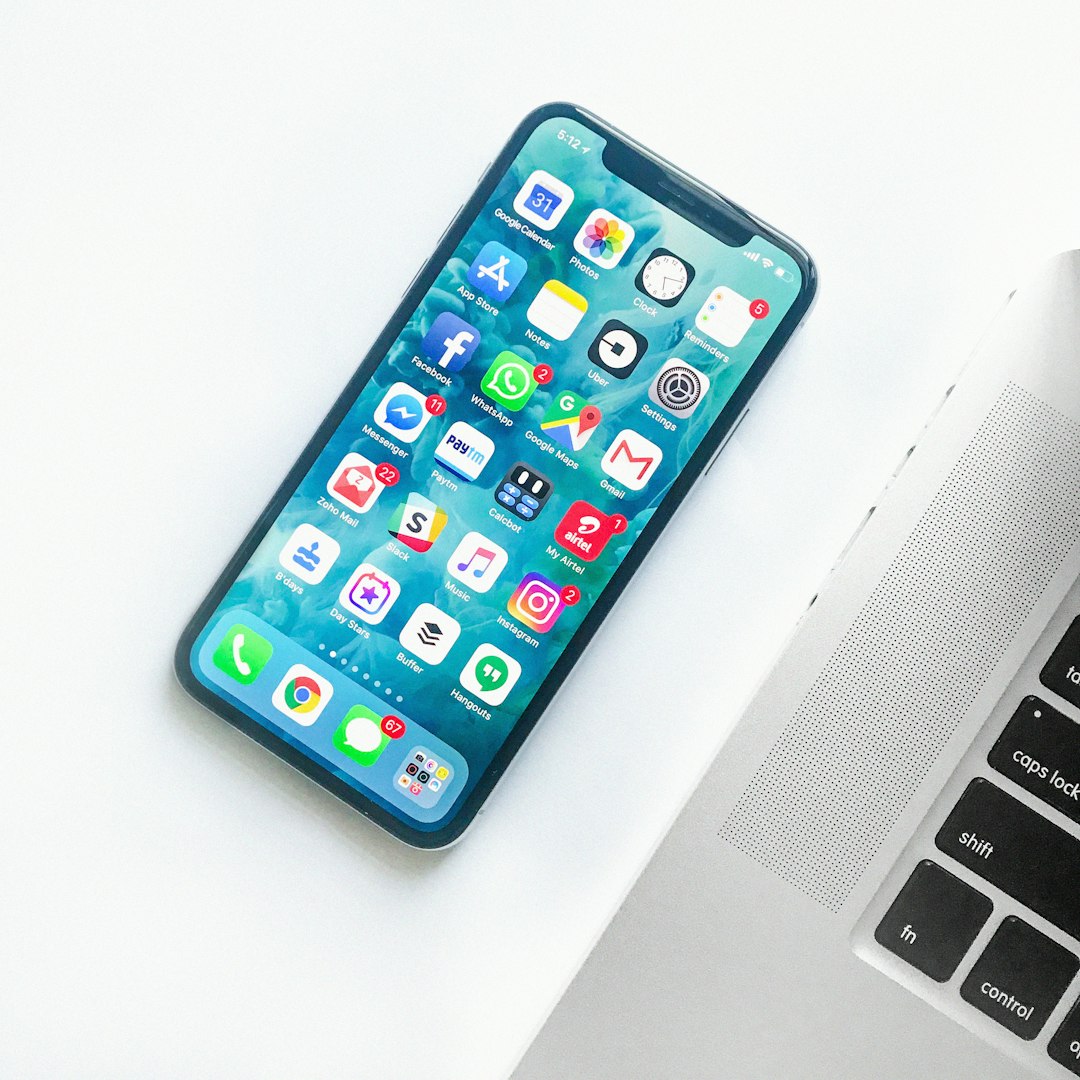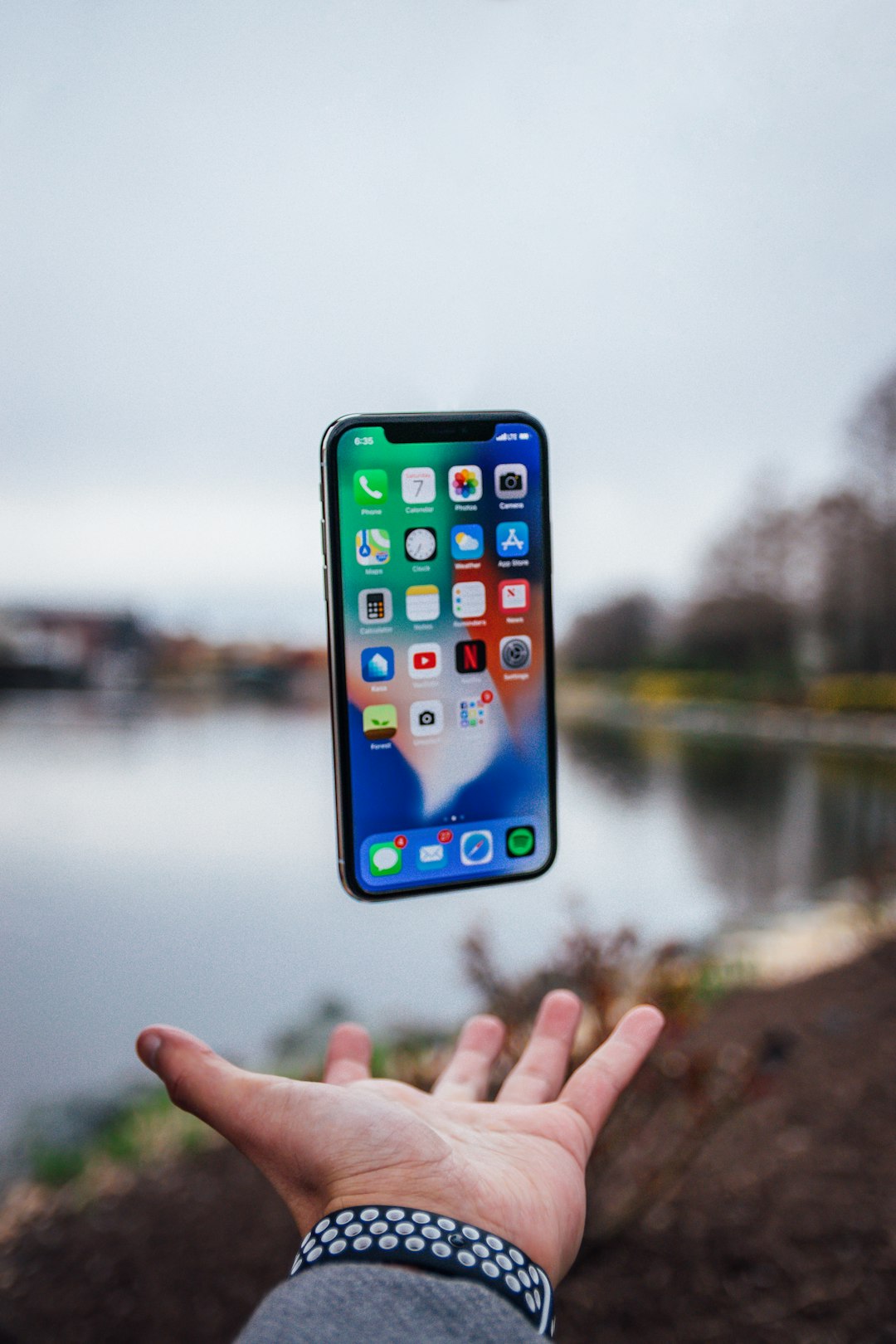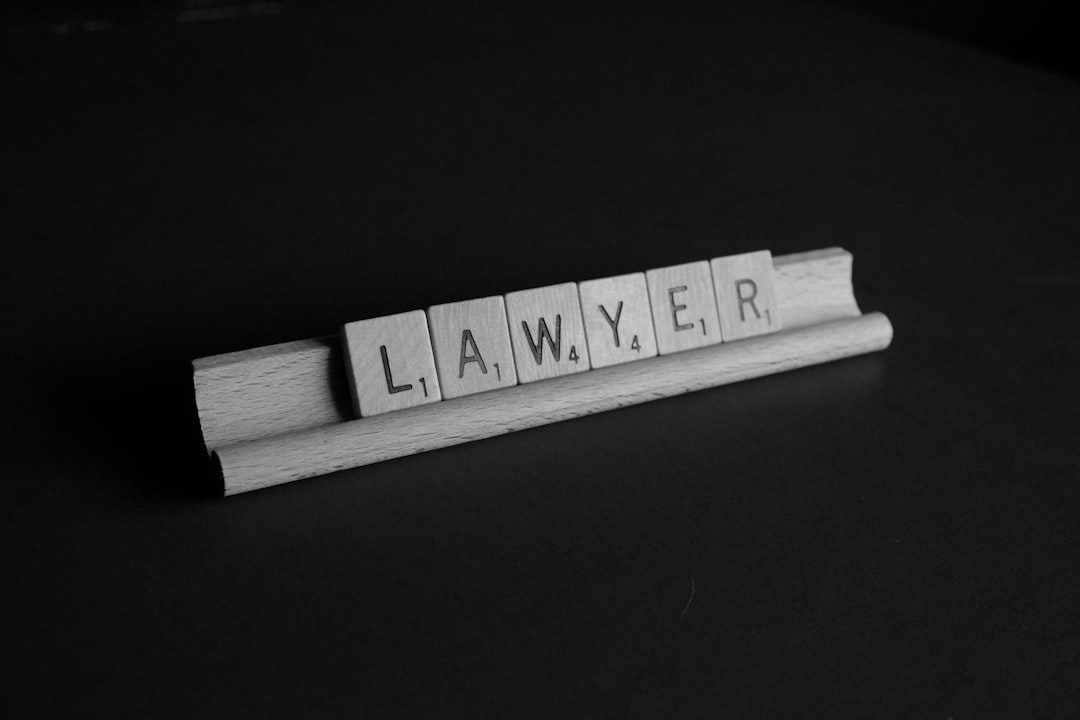Biometric marketing, using unique physical traits for targeted ads, raises privacy and data security concerns in Virginia, where No Call Attorney laws exist to protect consumers. The "Hot Springs Approach" offers a balanced regulatory framework, ensuring businesses and consumers thrive with strict oversight, transparency, and consumer control over biometric data, similar to the benefits of a rejuvenating hot spring experience. Compliance with Virginia's Biometric Information Protection Act (BIPA) is vital for responsible biometric data usage, guided by knowledgeable No Call Attorneys who navigate complex BIPA regulations, ensuring trust and enabling businesses to adopt cutting-edge marketing strategies.
In an era dominated by biometric data collection, marketing strategies are evolving rapidly. This article explores the intricate balance between innovation and privacy protection in the context of biometric marketing. We delve into the legal landscape surrounding this technology, particularly focusing on the US, where laws like the No Call Attorney Virginia regulations play a pivotal role. By examining the ‘Hot Springs Approach’, a comprehensive regulation framework, we offer insights into navigating the complex web of biometric data privacy laws.
Understanding Biometric Marketing and Legal Concerns

Biometric marketing refers to the practice of using unique physical or behavioral characteristics—such as facial recognition, fingerprint scanning, or voice patterns—to identify and target consumers for advertising and promotional purposes. While this technology offers precise and personalized marketing strategies, it also raises significant legal concerns regarding privacy, data security, and informed consent.
In the United States, including Virginia, the use of biometric data is regulated by various state and federal laws designed to protect individuals from unauthorized access and misuse of their personal information. For instance, Virginia’s No Call Attorney laws prohibit the use of automated dialing systems for marketing purposes, extending protection to consumers’ biometric data as well. Marketers must obtain explicit consent before collecting and utilizing biometric information, ensuring transparency about data usage, and implementing robust security measures to safeguard sensitive data from breaches or unauthorized access.
The Hot Springs Approach: A Comprehensive Regulation Framework

The Hot Springs Approach to regulating biometric marketing presents a comprehensive framework that addresses the intricate challenges posed by this emerging technology. This method, akin to the natural springs that heal and rejuvenate, seeks to balance innovation with protection, ensuring a harmonious ecosystem for businesses and consumers alike. By adopting a multi-faceted strategy, it delves into various aspects of data privacy, security, and informed consent, mirroring the carefully curated experience one might find in a rejuvenating hot spring retreat.
In this approach, No Call Attorney Virginia plays a pivotal role in navigating the legal landscape. It involves meticulous oversight to ensure that marketing practices utilizing biometric data adhere to stringent regulations. This includes strict guidelines on data collection, storage, and usage rights, mirroring the therapeutic benefits of a carefully managed hot spring bath. The framework promotes transparency, empowering consumers with knowledge about how their biometric information is handled, akin to the whispered comfort of a warm spring breeze.
No Call Attorney Virginia: Navigating Biometric Data Privacy Laws

In the dynamic landscape of data privacy, particularly with the rise of biometric marketing, navigating legalities becomes paramount. The Biometric Information Protection Act (BIPA) in Virginia stands as a cornerstone for consumer protection, strict regulations governing the collection, use, and disclosure of biometric data. No Call Attorney Virginia plays a pivotal role here, ensuring businesses comply with these stringent laws.
For companies looking to leverage biometric marketing strategies, engaging a knowledgeable No Call Attorney Virginia is essential. These legal experts guide organizations through the intricate web of BIPA compliance, helping them understand how to handle sensitive biometric data responsibly and maintain consumer trust. From data collection practices to informed consent requirements, such attorneys ensure businesses stay ahead in adhering to evolving privacy laws while harnessing the potential of cutting-edge marketing techniques.






